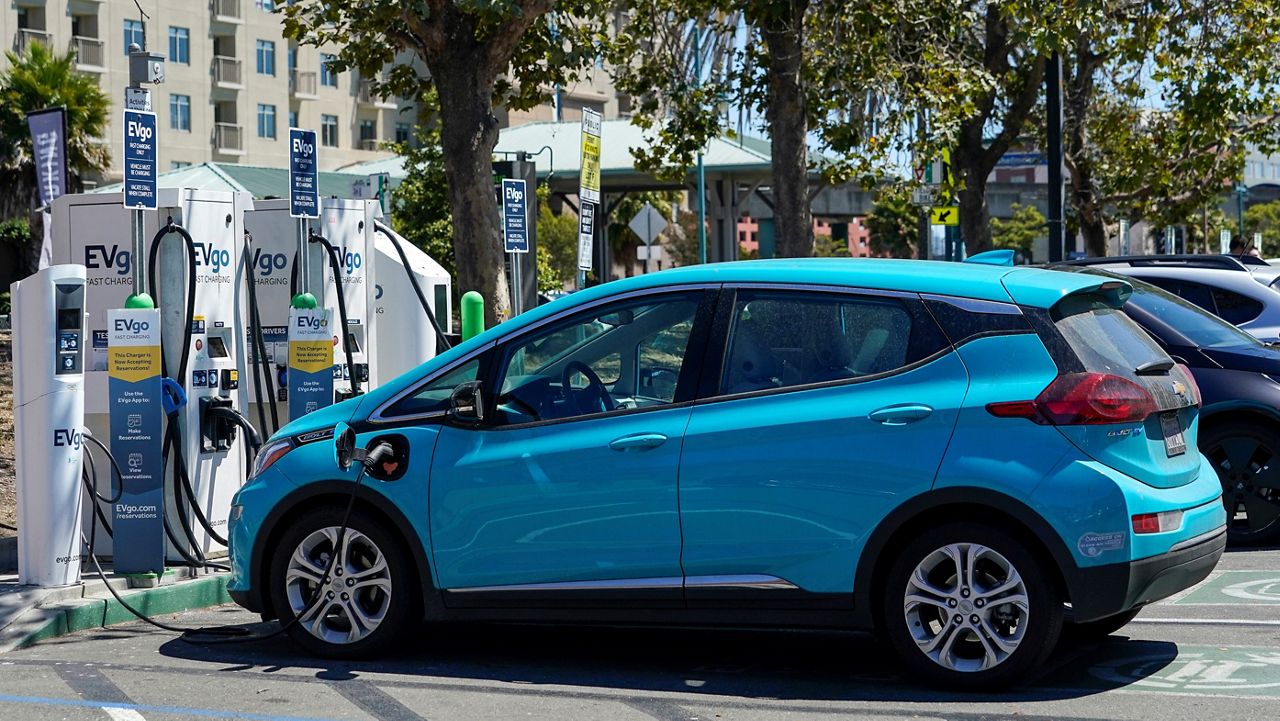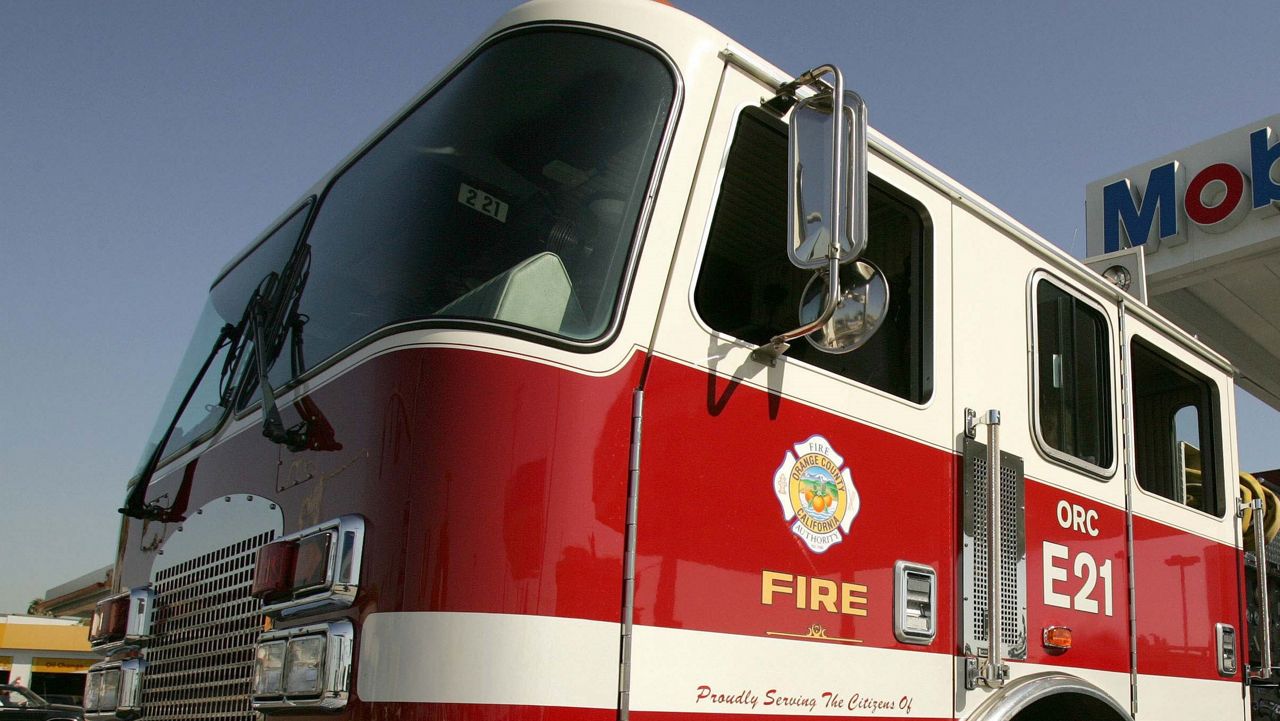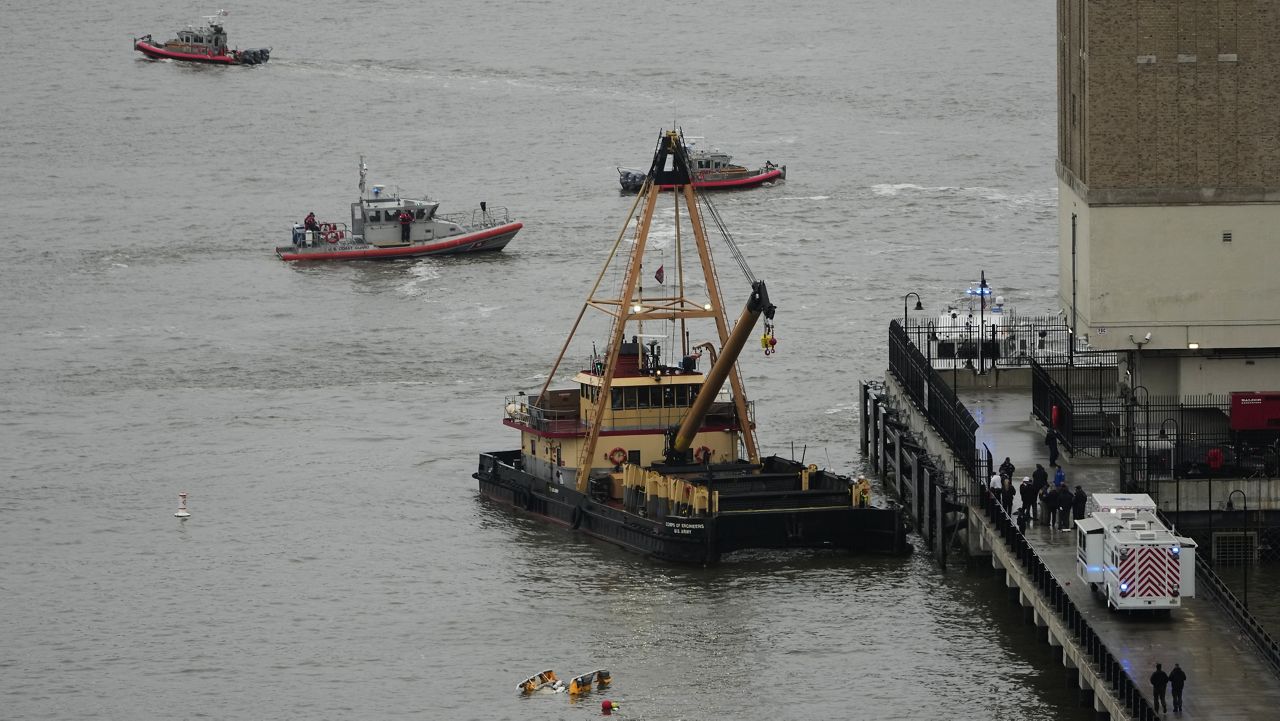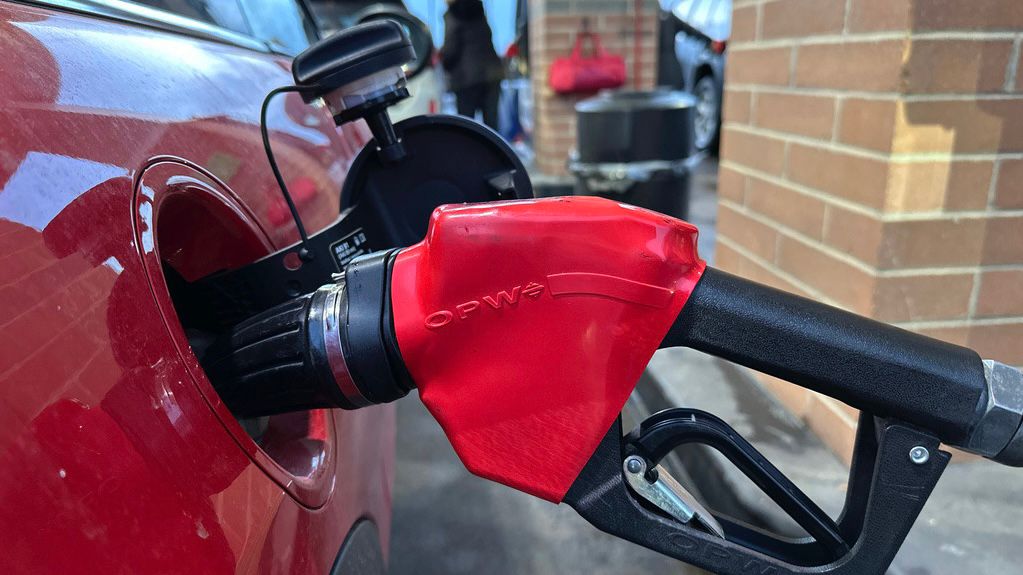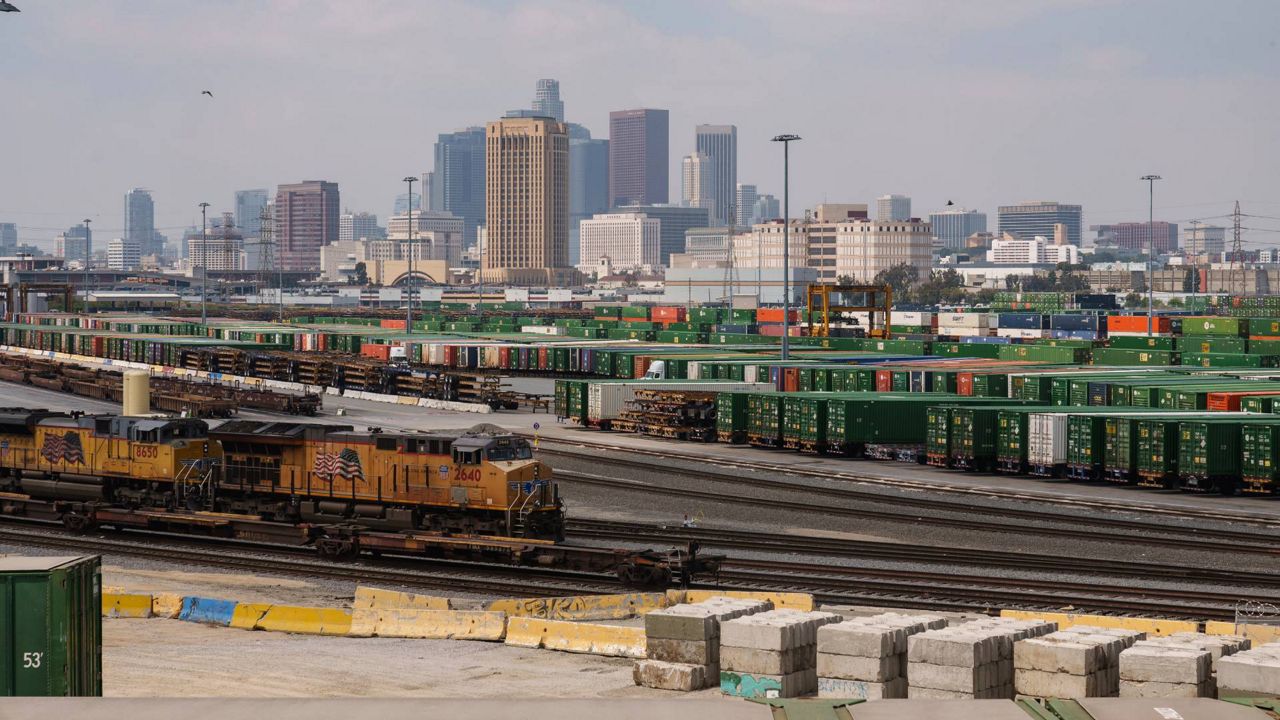LOS ANGELES — People who drive electrics are largely satisfied with their vehicles, but public charging remains an issue, according to a new survey of electric vehicle drivers released Wednesday by the nonprofit EV advocacy group, Plug In America. While 90% of the 4,000 EV drivers who participated in the survey said they were likely to purchase an EV as their next vehicle, almost half who use public DC fast charging said broken chargers were a major concern.
While 90% of the 4,000 EV drivers who participated in the survey said they were likely to purchase an EV as their next vehicle, almost half who use public DC fast charging said broken chargers were a major concern.
Performance ranked first in reasons given for vehicle satisfaction, with 65% of EV drivers rating it “exceptional.” Safety features, reliability, ease of charging, styling and comfort also drove vehicle satisfaction, with the Tesla Model Y and Rivian R1T ranking especially high among respondents. The Kia EV6 ranked best for charging speed. The Chevy Bolt EV ranked the highest in value for the price.
Plug In America conducted its annual survey between the end of December 2022 and February 2023 with 3,319 reported EVs. The most popular EV maker is Tesla, which represented 32% of EVs in the survey, followed by Chevrolet at 17%, Nissan at 8%, Ford at 8% and BMW at 5%.
Four out of five respondents purchased their EV new, with the rest buying used. The median year a surveyed household first purchased an EV was 2018, though most respondents bought them in 2022, according to the survey. Electric vehicles accounted for 6% of all light-duty vehicle sales in the United States last year.
The No. 1 reason people buy EVs: clean air and a livable climate, the survey found. Cost savings, performance/fun to drive, energy independence/national security and cutting-edge technology rounded out the top five reasons.
Despite their overall satisfaction, buyers reported some public charging difficulties, even though many EV owners don’t even use them. More than 60% of EV drivers said they never or rarely used public chargers, according to the survey, most likely because 94% have access to home charging.
Still, 24% of California EV drivers said a lack of chargers at each location was a major concern; another 29% said it was a moderate concern. Charging locations being too far apart was also a moderate concern for 26% of California EV drivers.
While broken chargers were an issue for 46% of surveyed EV drivers, they were less of a concern for those using Tesla’s Supercharger network. Just 8% of survey respondents said broken Superchargers were a major concern, and 3% considered them a deal breaker for using the network.
Buyers between the ages of 65 and 74 made up the largest percentage of buyers, followed by buyers between the ages of 55 and 64. About 40% of surveyed EV owners were high income, earning between $100,001 and $250,000 per year.
Despite their high incomes, EV buyers ranked incentives as either “very influential” or “critical” in their purchase decision. Inexpensive home charging was the most important incentive, followed by the federal EV tax credit, free charging at select public locations and discounted utility rates for EV charging.






